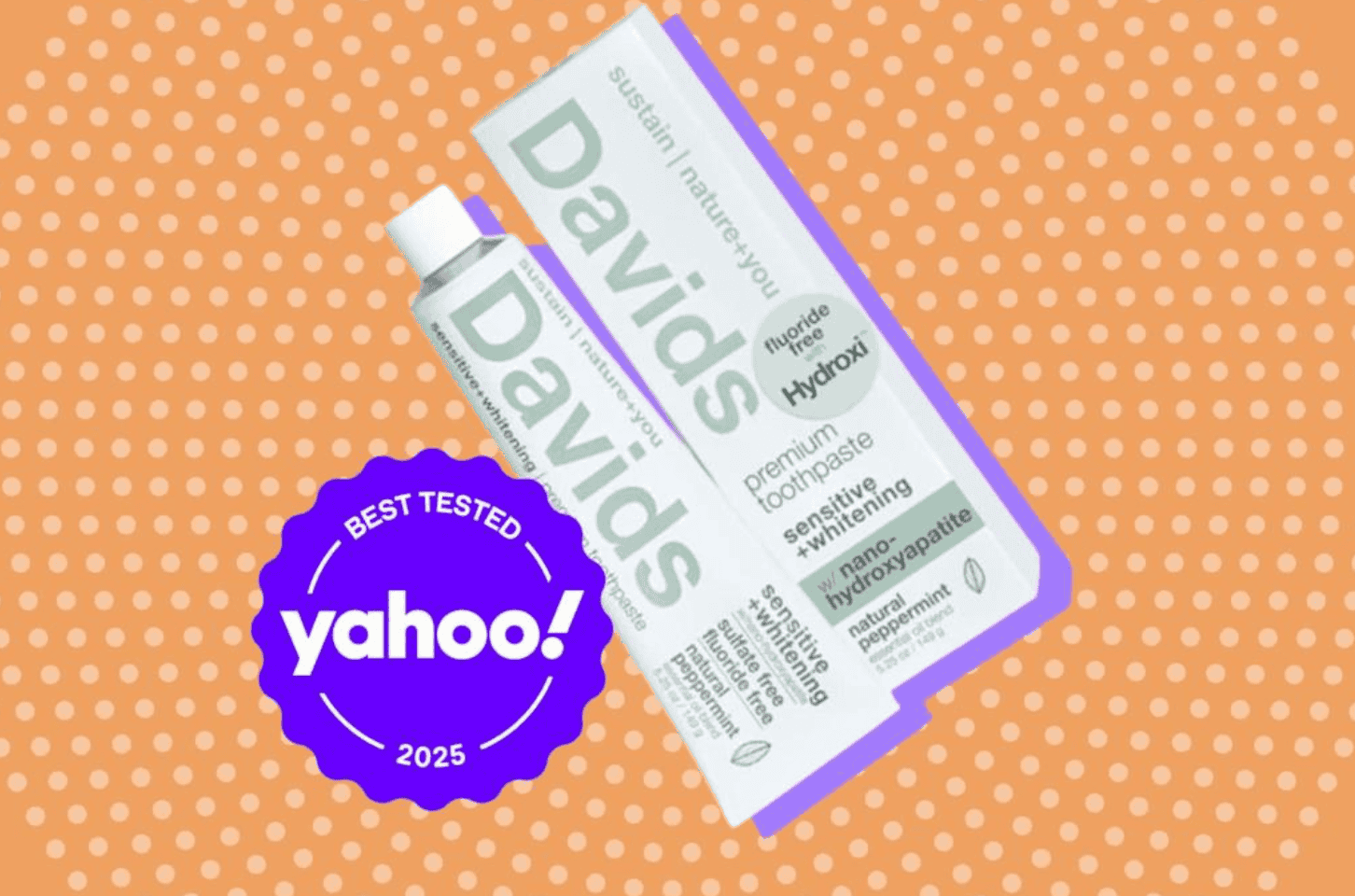
Toothpaste is probably one of your most consistently used personal care products — twice daily, every day if you’re following the American Dental Association (ADA) recommendation. That makes ingredient safety worth paying attention to, especially for those with sensitivities or ingredient concerns. But what exactly do the terms “natural” or “nontoxic” mean when it comes to toothpaste? These terms aren’t defined by law, and the Food & Drug Administration (FDA) doesn’t regulate their use, but that doesn’t mean it’s the Wild West on the toothpaste aisle. The Federal Trade Commission (FTC) requires brands making these all-natural or nontoxic claims to have solid scientific evidence that their products are safe for people and the environment, says Dr. Christopher Tolmie, DDS of PDS Health.
According to dental experts, the definition of nontoxic comes down to preparation and ingredients. “Nontoxic toothpastes use simple, gentle formulas that are safe when used as directed. Think short ingredient lists, low-abrasion — low Relative Dentin Abrasion (RDA) powders — and no harsh detergents like sodium lauryl sulfate (SLS), which can irritate sensitive mouths or trigger canker sores,” says Tolmie.
Dr. Michael J. Wei, cosmetic dentist and founder of Manhattan Cosmetic in New York City, agrees, explaining that these products avoid potentially problematic ingredients entirely. “A ‘nontoxic’ toothpaste is usually a toothpaste that doesn’t have ingredients like microplastics, parabens, sulfates, artificial colorings and sweeteners and heavy metals,” he says, adding that these options are also typically free of fluoride or contain only small amounts.
But wait — does that mean toothpastes with fluoride are “toxic”? Not so fast. It’s important to note here that fluoride itself is a highly efficacious toothpaste ingredient that remineralizes and strengthens tooth enamel and has been proven to be safe when used as directed. Dr. Steven J. Katz, president of the American Association of Endodontists, advocates for fluoride-containing formulas. “I recommend toothpastes that contain fluoride,” he says. “Most of the ‘nontoxic’ toothpastes don’t have fluoride and have agents that have not been proven to strengthen teeth like fluoride, outside of a lab.” It’s worth noting that these nontoxic formulas often don’t carry the ADA Seal of Acceptance (the gold standard of safety and efficacy in dental care products). In fact, none of the pastes included on our list bear the seal. While many have undergone third-party testing to verify the safety of their ingredients, there are various reasons a brand may choose not to pursue ADA evaluation (including the cost of testing). However, the absence of the seal does mean there’s a chance these pastes may not be as effective as those that do carry it.
However, if you’re dead set on trying “nontoxic” or “natural” toothpastes, the experts we spoke to say your focus shouldn’t necessarily be on skipping fluoride, but on choosing products with ingredients that won’t irritate your mouth or selecting those with low abrasiveness levels that are less likely to wear down your enamel over time. On top of that, if you’re concerned about ingredients with controversial reputations — like certain preservatives (e.g. parabens) that have been flagged in some studies for potential hormonal effects — you may prefer formulas that leave them out entirely.. The good news is that there are effective options that will clean your teeth well.
To find the best nontoxic toothpastes and the best natural toothpastes, the Yahoo team consulted four dental experts for their guidance. We then researched the best options on the market and tested 10 products ourselves, prioritizing those with transparent ingredient lists, proven active ingredients, formulas free from the most concerning ingredients and positive user feedback. But you should keep the bigger picture in mind when making your selection. As Tolmie states, “Brushing, flossing, smart eating and regular dental check-ups do most of the work — toothpaste is the support, not the star.”

